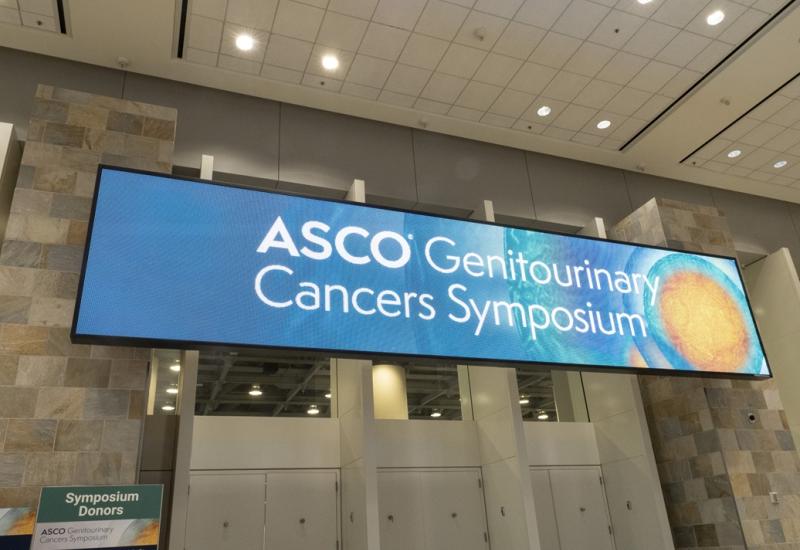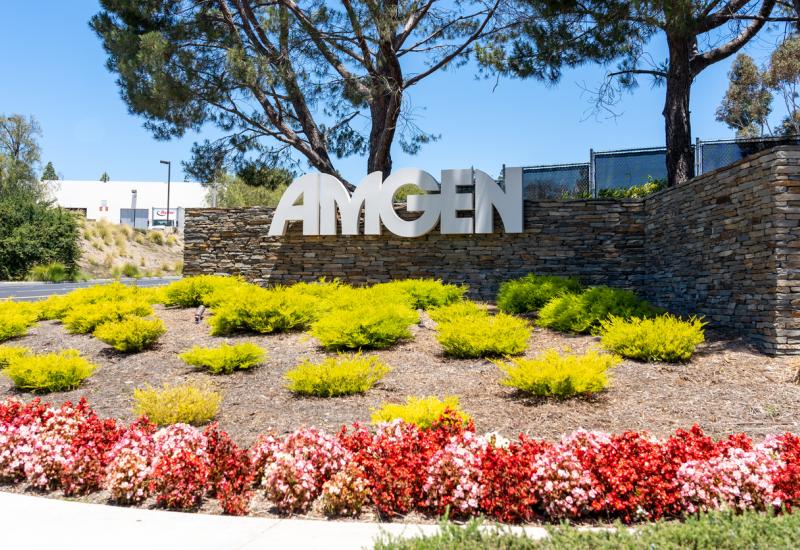
Lorikeet fails to fly for MacroGenics
The company ditches lorigerlimab in prostate cancer.
The company ditches lorigerlimab in prostate cancer.

Following the discontinuation of MacroGenics’ B7-H3 ADC vobramitamab duocarmazine earlier this year, the group’s new lead asset, lorigerlimab, has run into trouble. The company disclosed in its third-quarter release that it’s abandoned the PD-1 x CTLA-4-targeting bispecific antibody in prostate cancer after seeing disappointing results in the Lorikeet trial.
MacroGenics is still testing lorigerlimab in ovarian cancer, but hopes cannot be high for this project. The rest of MacroGenics’ pipeline is early stage, including its next-generation B7-H3 ADC vobramitamab tavatecan (MGC026), which uses the same antibody as the failed vobra-duo, but a different linker and payload.
Lorikeet lament
Lorikeet was testing lorigerlimab plus docetaxel and prednisone, versus docetaxel and prednisone, in metastatic castrate-resistant prostate cancer patients who had previously received an androgen receptor-targeted therapy like Zytiga or Xtandi, but hadn’t received chemo.
MacroGenics said after market on Wednesday that, based on a 17 October data cut, it had determined that the study wouldn’t reach its primary radiographic progression-free survival endpoint. The group didn’t give more details, only saying that final Lorikeet results would be presented or published “at a later date”.
Meanwhile, the phase 2 Linnet study is ongoing, evaluating lorigerlimab monotherapy in platinum-resistant ovarian and clear cell gynaecologic cancers. MacroGenics is set to give an update on the first part of this two-part trial by mid-2026, but it’s unclear how informative this will be, given that Linnet is uncontrolled.
Gilead deal
In better news for MacroGenics, the group also disclosed that in November its existing partner Gilead licensed another preclinical programme, triggering a $25m payment. MacroGenics didn’t specify the project or target, but said it used the group’s bispecific Dart technology.
Gilead and MacroGenics have been working together since 2022, and are now advancing three programmes. The most advanced is the CD123-targeting T-cell engager MGD024, which Gilead has an option to license, but this project has made slow progress, with no results yet reported from a phase 1 study that started in 2022. Moreover, this has long been a troubled target for drug development, and only last week AstraZeneca discontinued the anti-CD123 ADC AZD9829.
The third is a preclinical asset based on MacroGenics’ trispecific Trident platform. However, these projects are extremely early. If lorigerlimab is a dead end, MacroGenics’ focus would likely switch to the aforementioned next-gen B7-H3 ADC vobra-can, which uses a topoisomerase 1 inhibitor rather than a DNA alkylating agent payload. But competition here is fierce, with the likes of Merck & Co/Daiichi, GSK/Hansoh and BioNTech/DualityBio all vying for a piece of the market.
Less crowded is Adam9, the target of MacroGenics’ ADC MGC028, which started phase 1 this year. Still, DualityBio recently took a similarly acting candidate, DB-1317, into human testing.
MacroGenics has some breathing space: it had $146m in cash at the end of the third quarter, which doesn’t include the new $25m from Gilead or a $50m milestone from Sanofi. And investors didn’t seem bothered about lorigerlimab’s demise, sending the group’s stock up 15% in early trade on Thursday. The company needs to start picking some winners soon.
MacroGenics’ pipeline
| Project | Mechanism | Study | Note |
|---|---|---|---|
| Lorigerlimab | PD-1 x CTLA-4 bispecific MAb | Ph2 Lorikeet, + docetaxel + prednisone, vs docetaxel, in 2nd-line, vs docetane, chemo-naive CRPC | Discontinued Nov 2025 after Lorikeet deemed unlikely to meet primary rPFS endpoint |
| Ph2 Linnet, in PROC or CCGC (uncontrolled) | Enrolling, update on first stage due by mid-2026 | ||
| Vobramitamab tavatecan (MGC026) | B7-H3 ADC | Ph1 in solid tumours started Mar 2024 | Recently completed dose escalation & initiated dose expansion in two solid tumour indications |
| MGC028 | Adam9 ADC | Ph1 in solid tumours started Feb 2025 | Completes Nov 2026 |
| MGD024 | CD123 T-cell engager | Ph1 in r/r haem malignancies started Jul 2022 | Gilead has opt-in rights during ph1 |
| MGC030 | Undisclosed ADC | Preclinical | IND filing planned in 2026 |
Notes: CCGC=clear cell gynaecologic cancer; PROC=platinum-resistant ovarian cancer. Source: company release & OncologyPipeline.
2551













